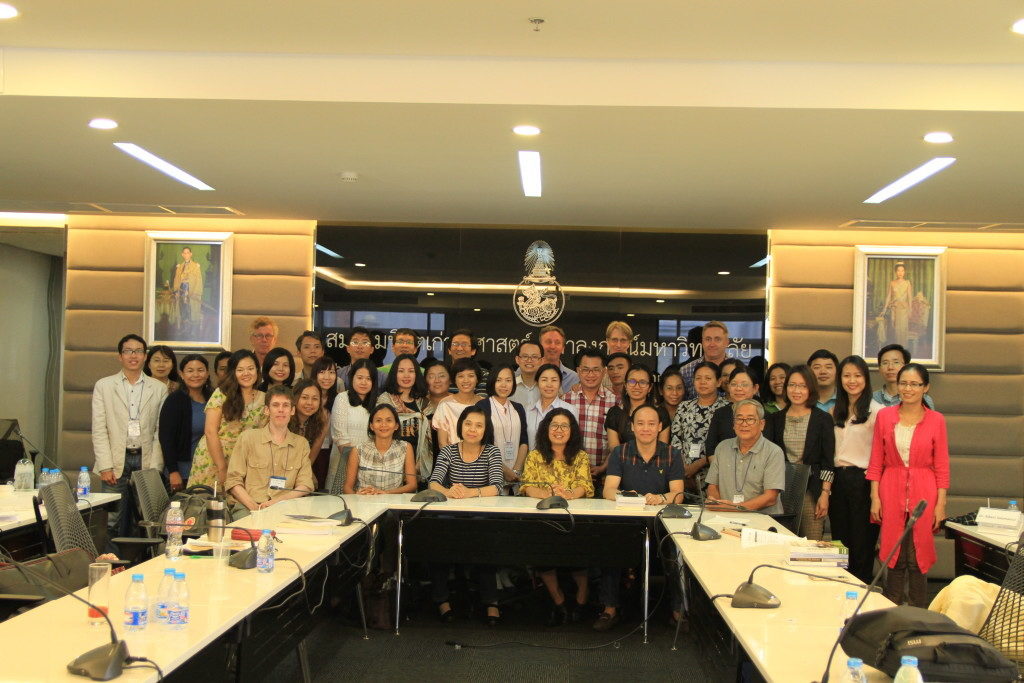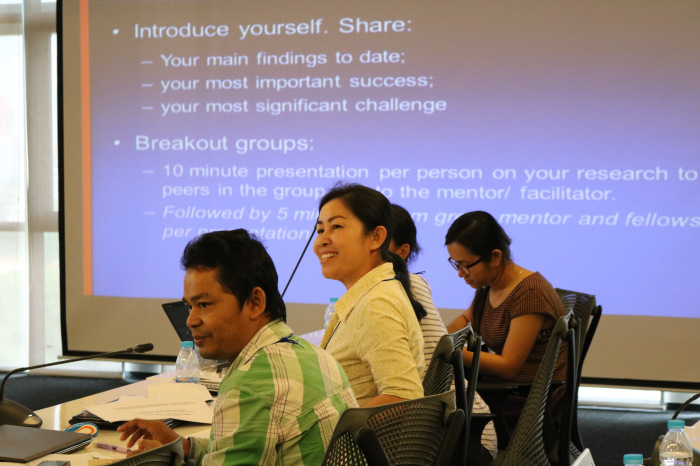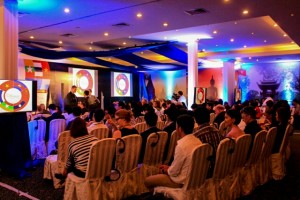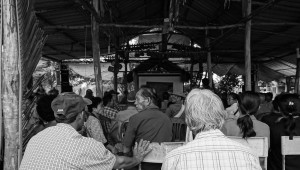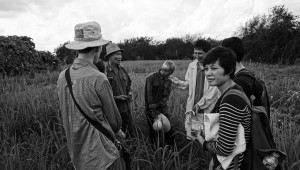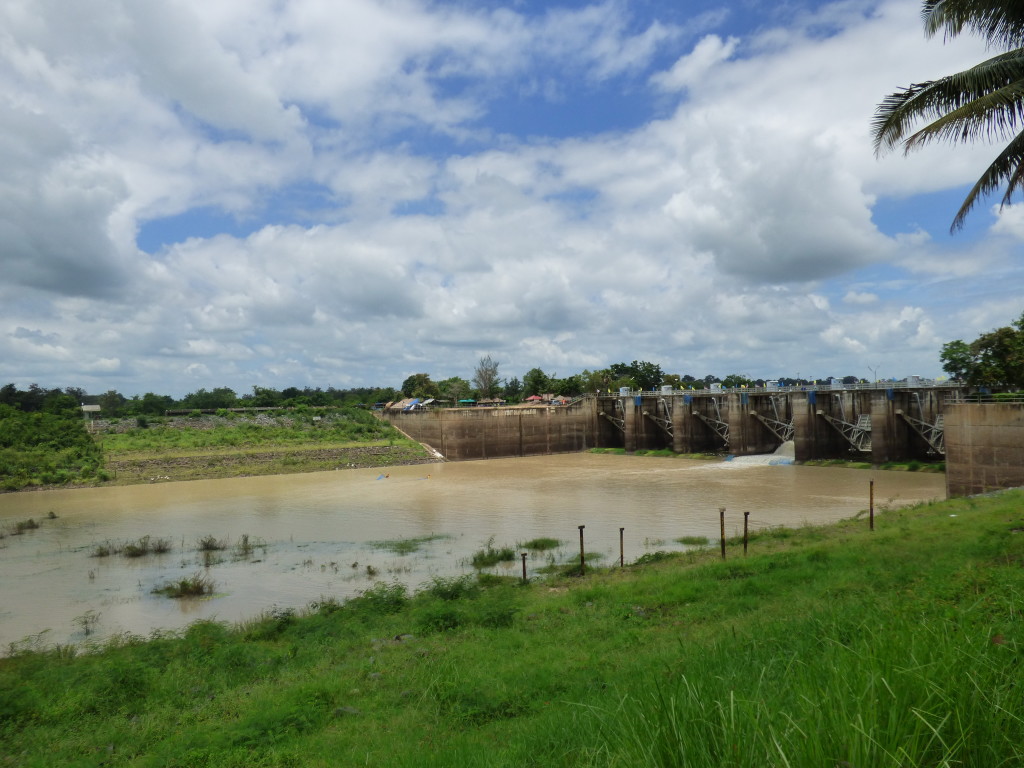EVENT: Final Salween-Mekong-Red workshop synthesize regional insights
/The final workshop of the Mekong-Red-Salween fellowship program was held in Yangon on 23th and 24th October. 22 fellows joined the workshop, together with the project teams from Ubon Ratchathani University, the Vietnam Academy for Water Resources, and Chulalongkorn University. The overarching goal of the workshop was to identify and synthesize insights gained by fellows from the three river basins during the duration of their fellowship experience. The agenda can be downloaded here.
Fellows convene for the final workshop (credit: Chawirakan Nomai
On the first day, in the morning, we focused on the three themes:
For each theme, first there was a presentation by the project team, followed by facilitated group discussion by basin. Here, the fellows shared what they had learned about each topic through their research. A range of insights emerged that revealed both the shared and unique experiences across and within each basin. In the afternoon, we focused on identifying ways in which research produced through a fellowship program could practically impact policy agendas, followed by an evaluation of the program. The outcome of the day’s discussion will form the basis of a policy brief and book chapter.
On the second day, we focused on preparation for the Water Land Ecosystem (WLE) Forum the following day. Here, we synthesized the previous day’s discussion to answer the following five questions per basin to be present via a round table at the WLE Forum:
What are the common most significant themes/issues that you have observed from your research/ working with the next users?
What are the common emerging /new/ debatable knowledge that you have found from your research on resource governance/ social justice/ related themes?
What are the impacts of the fellows’ research on development/improve resource governance?
What are common key policy recommendations based on your research to improve resource governance in Salween/Mekong/Red river basins?
What have you gained from the program?
The fellows also identified and practiced a concise verbal summary of their policy poster and policy brief ready for their session.
The two day workshops revealed both the breadth and depth of knowledge generated by the fellowship program. We also discovered how over the past three years the fellows had learned much from each other, and built new friendships that span the region.











